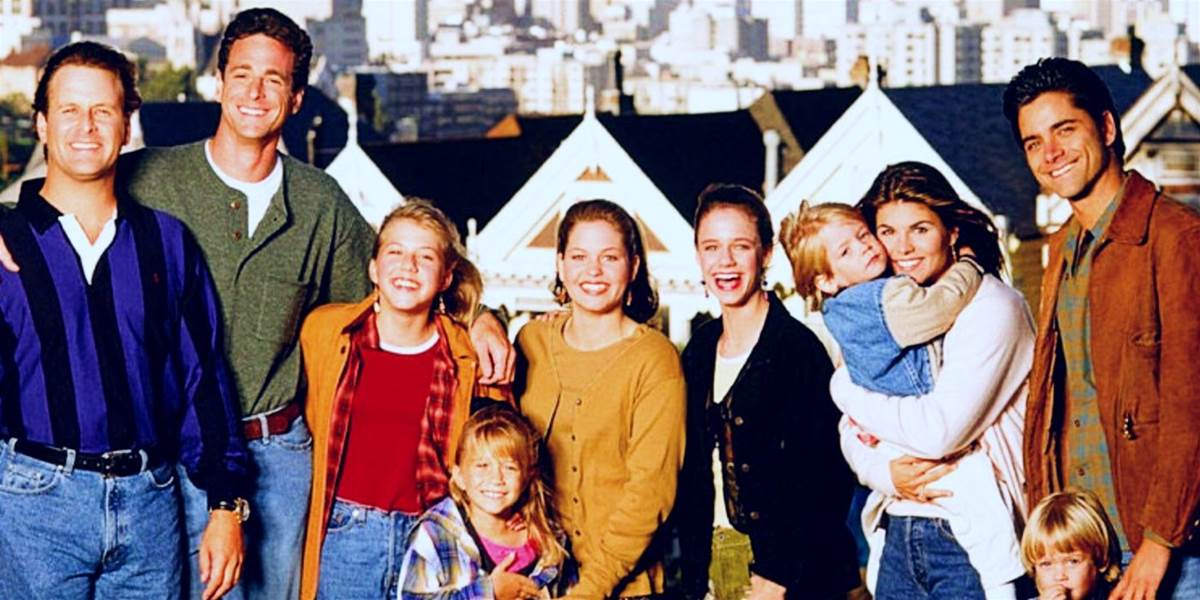
**10 Full House’s Dark Premise Was Swept Under The Rug**
The heartwarming family sitcom "Full House" might have portrayed a picturesque household, but beneath its cheery facade lay a darker premise.
The sudden loss of Danny Tanner's wife, Pam, set the stage for the show, leaving him to navigate the complexities of single parenthood with the help of his brother-in-law, Jesse, and best friend, Joey. Despite the initial gravity of this situation, the series largely glossed over the emotional impact of Pam's death, choosing instead to focus on lighthearted humor.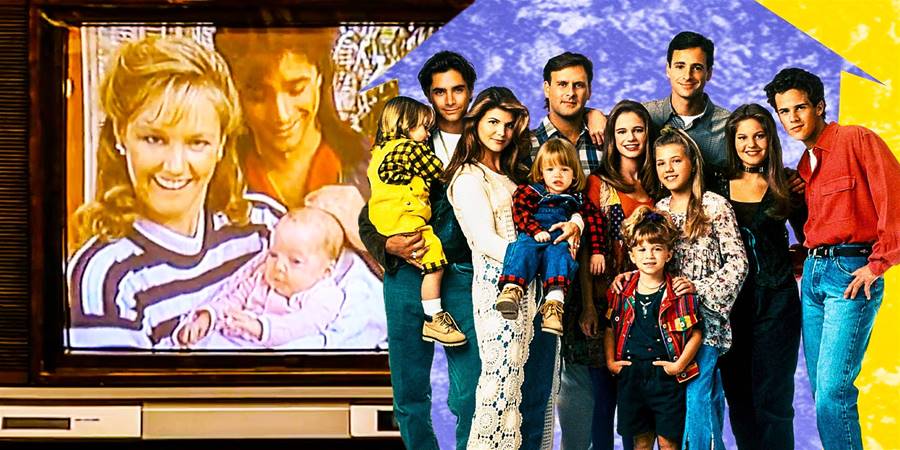
**9 Full House Lacked Diversity & Representation**
While "Full House" garnered affection for its endearing portrayal of family dynamics, its lack of diversity remains a glaring issue. The predominantly white cast rarely interacted with people of color, relegating characters like Stephanie's friend Harry Takayama to minor roles. Similarly, the show failed to adequately represent San Francisco's vibrant LGBTQ+ community, a missed opportunity for inclusivity.

**8 Full House Treated Kimmy Gibbler Poorly (& Vice-Versa)**
The introduction of DJ's quirky best friend, Kimmy Gibbler, injected "Full House" with humor, but the treatment of her character often bordered on cruelty. Despite Kimmy's loyalty, the Tanner household frequently mocked her eccentricities, overlooking her challenging home life. Conversely, Kimmy's rebellious behavior occasionally strained her relationship with the Tanners, highlighting the show's penchant for one-sided humor.
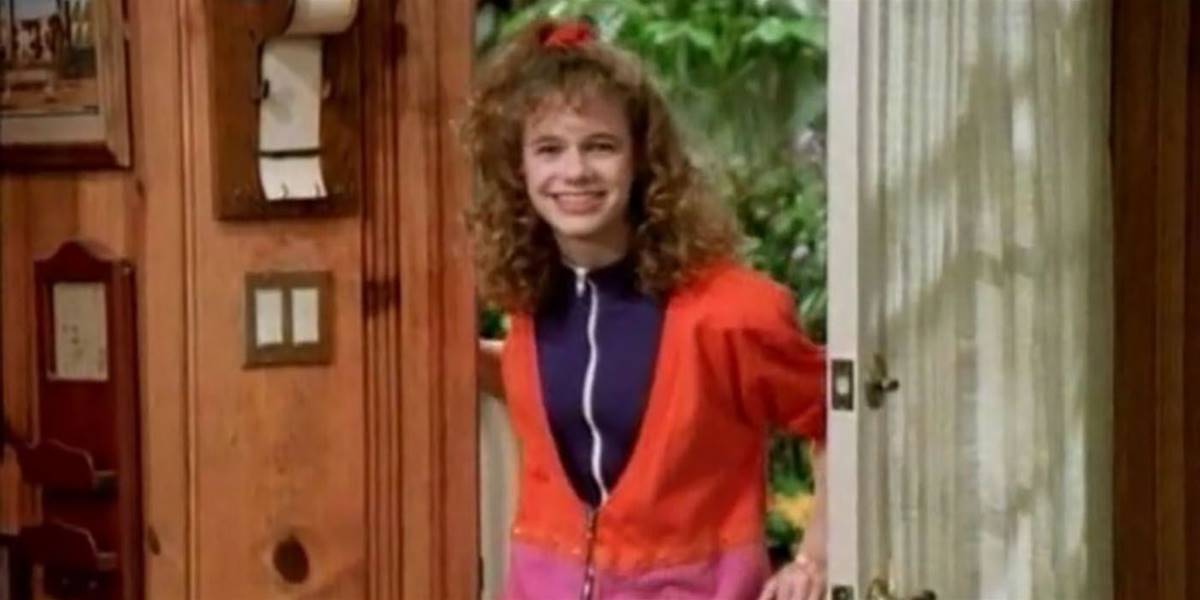
**7 Full House Made Fun Of Mental Disorders**
Amidst the laughter, "Full House" occasionally veered into insensitive territory, particularly regarding Danny Tanner's cleanliness obsession. While played for laughs, his behavior hinted at symptoms of Obsessive-Compulsive Disorder (OCD), a serious mental health condition. Rather than addressing this aspect with nuance, the show trivialized Danny's struggles, perpetuating harmful stereotypes.

**6 Full House’s Laugh Track Was Distracting**
The ubiquitous laugh track punctuating "Full House" episodes, though a staple of traditional sitcoms, now feels intrusive and distracting. While the live studio audience added authenticity, the exaggerated laughter often overshadowed poignant moments, detracting from the viewing experience. In an era where many modern sitcoms forego laugh tracks, revisiting "Full House" highlights its reliance on outdated comedic conventions.
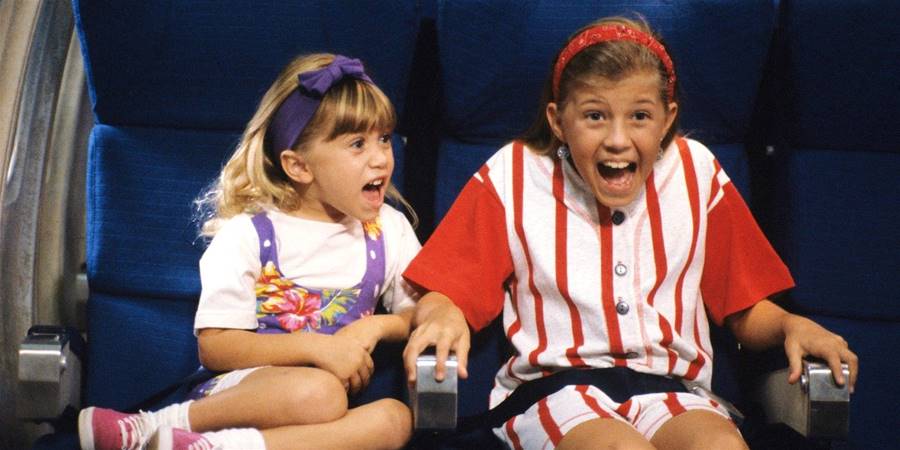
**5 Full House’s Finale Didn’t Make Sense**
Despite its heartfelt intentions, the series finale of "Full House" left audiences perplexed rather than satisfied. Michelle's amnesia storyline, stemming from a horse-riding accident, struck a jarring note in the show's concluding moments. The tonal shift towards a darker narrative felt out of place, failing to provide closure for fans invested in the Tanner family's journey.
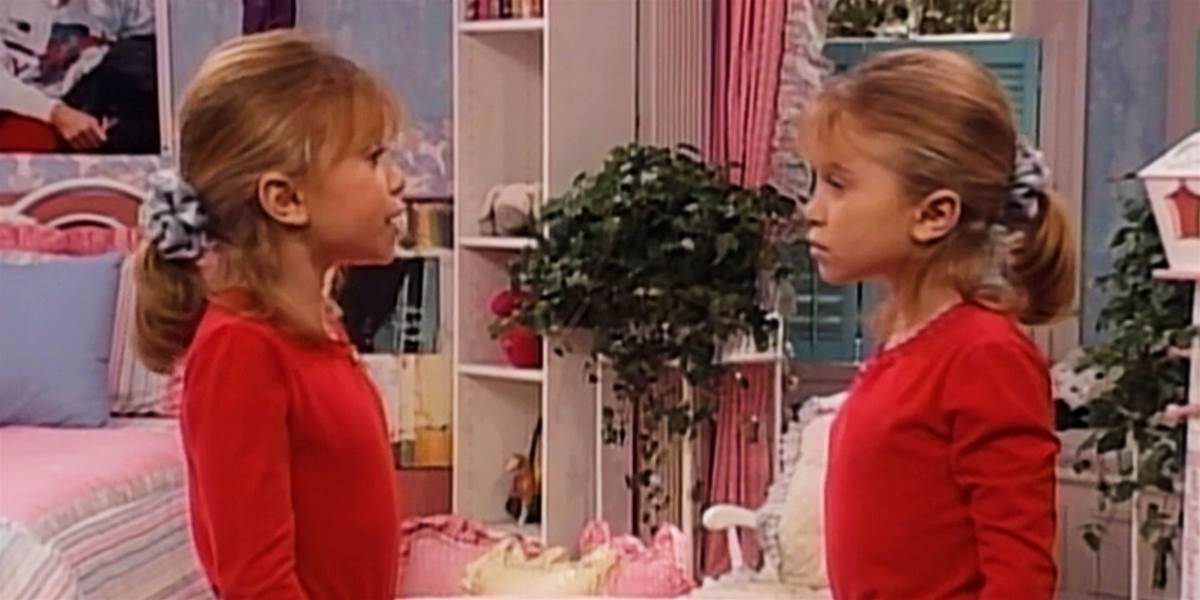
**4 Becky's Joke About Being A Law-Abiding Citizen**
Lori Loughlin's character, Becky, delivered a seemingly innocuous joke about being a law-abiding citizen in "Full House." However, the irony of this remark became painfully evident years later when Loughlin's involvement in the National College Admission Scandal tarnished her reputation. The dissonance between fiction and reality cast a shadow over Becky's lighthearted quip.

**3 Full House’s Tanner Home Layout Didn’t Make Sense**
While the Tanner residence served as an iconic backdrop for the series, its architectural inconsistencies became glaring upon closer inspection. From perplexing bedroom arrangements to an inexplicable attic layout, the house's design defied logic. While overlooked during the show's original run, binge-watching "Full House" today unveils the peculiarities of its set design.

**2 Full House’s Child Bride Storyline Was Seriously Creepy**
"Full House" occasionally delved into unsettling territory, particularly with its child bride storyline involving Michelle and Sylvio. The spectacle of young characters partaking in pretend weddings, while intended for comedic effect, now registers as deeply uncomfortable. The blurred lines between fiction and reality underscore the problematic nature of such storylines.
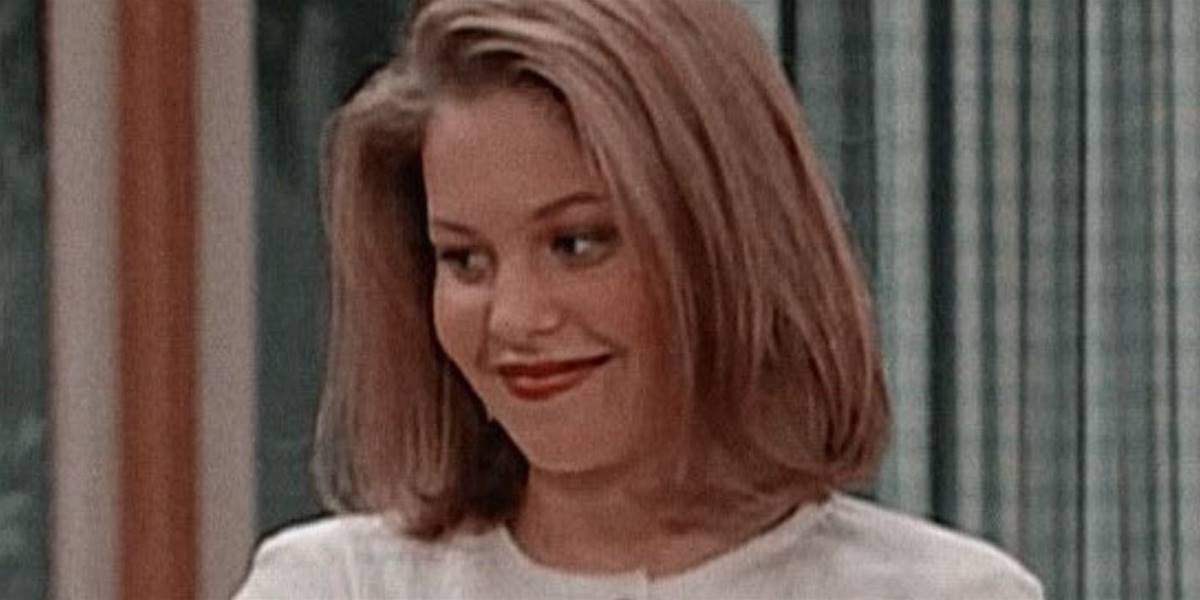
**1 Full House Regularly Endangered The Tanner Kids**
Despite their best intentions, the parental figures in "Full House" inadvertently placed the Tanner children in harm's way on multiple occasions. From Stephanie's reckless joyride in Joey's car to DJ's misadventures with a cement truck, the show often sacrificed realism for comedic effect. While intended for laughs, these scenarios underscored the show's penchant for exaggerated plotlines.
